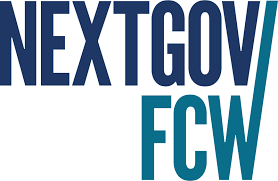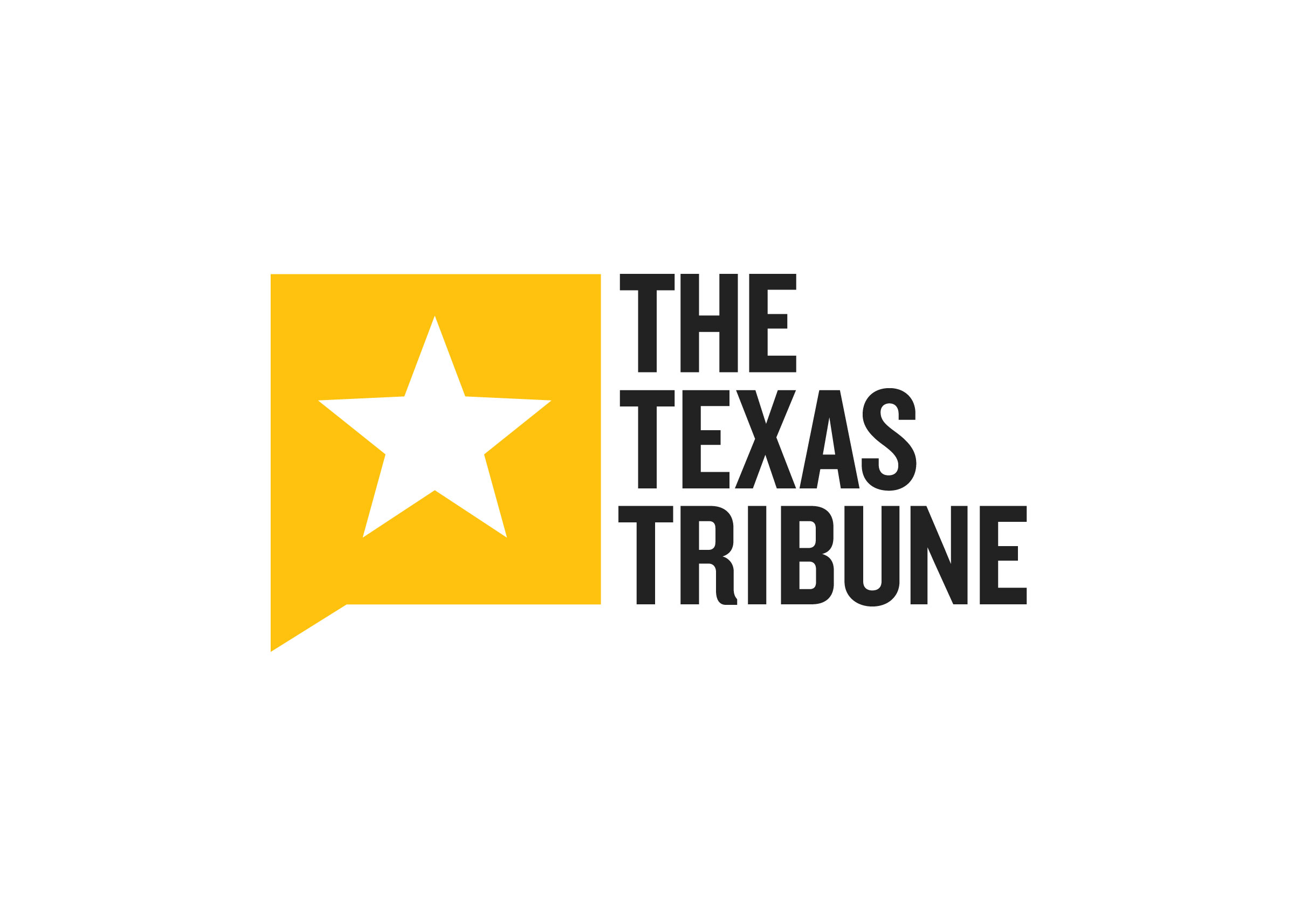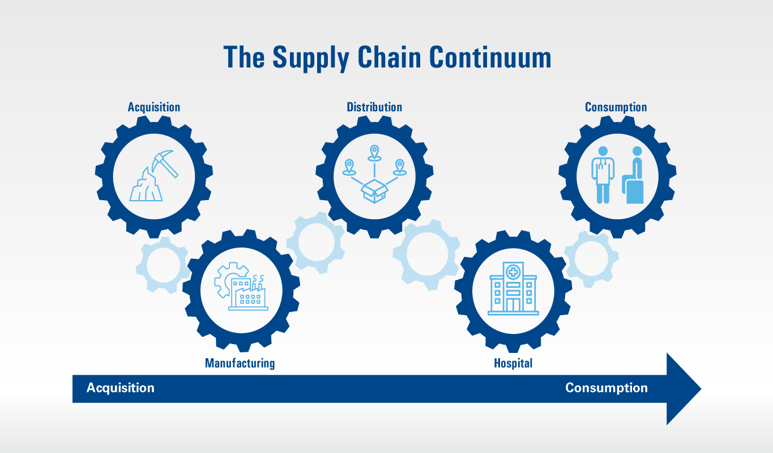
Editor's Note The shuttering of a critical Baxter International manufacturing plant in North Carolina due to Hurricane Helene could put significant stress on already strained healthcare supply chain, according to an October 1 report in Axios. According to the article, the facility is a critical production center for produces intravenous…
Editor's Note A joint communication from AORN and the Association of Healthcare Value Analysis Professionals (AHVAP, a strategic partner of AORN) provides advice and resources for affiliated healthcare professionals who could be impacted by the recent strike by port workers across major US shipping ports. Issued September 30, the statement…

Editor's Note The success of flood-resistant engineering and a daring rooftop rescue are amid the positive stories to emerge amid the many tragedies wrought by Hurricane Helene, which made landfall as a Category 4 this past weekend in Florida before drenching much of the Southeast and Midwest. Left with too…

Editor's Note The Health Infrastructure Security and Accountability Act, introduced by Senators Ron Wyden (D-Ore.) and Mark Warner (D-Va.), proposes new mandatory cybersecurity standards for the healthcare sector, with oversight from the Department of Health and Human Services (HHS), Nextgov/FCW reported September 26. The bill, which amends the Health Insurance…

Editor's Note The Red Cross is reporting a 25-percent drop in its national blood inventory due to hot weather a month after the American Hospital Association (AHA) warned about the impact of cyberattacks on critical supplies at hospitals. According to an August 6 report in The Hill, heat-related challenges have…

Editor's Note A July 19 story from Politico offers a raw, unfiltered view of the realities of the Israel-Hamas war through the eyes of two American surgeons. Authors Mark Pearlmutter, an orthopedic and hand surgeon who practices in Rocky Mount, North Carolina, and Feroze Sidwha, a trauma and critical care…

Editor's Note New findings highlight an urgent need to improve preventive measures against animal-borne diseases jumping to humans and potentially causing another global pandemic, US Today reported on July 21. The article details a study from Harvard Law School and New York University that examined animal-human interactions in 15 countries,…

Editor's Note A global Microsoft server outage disrupting critical services from airline operations to banking is also having a significant impact on healthcare, according to multiple news reports. On example is a Friday, July 19 report from CBS News reporting that Mass General Brigham, the largest health care system in…

Editor's Note Electricity outages caused by Hurricane Beryl in Houston and southeast Texas forced healthcare providers to hold discharged patients longer because their homes lacked power, the Texas Tribune reported July 10. Several hospitals had difficulties accommodating new patients, leading to delayed discharges, ambulance shortages, and a backup in 911…

More than 4 years after personal protective equipment production and inventories crashed amid the global COVID-19 pandemic, the “new normal” in healthcare supply chains seems to be “uncertainty.” Although hospital margins are improving and patient volumes are trending upward, “stress fractures continue to remain in place,” says Michael Schiller, CMRP,…